By John Lee
(ECNS) -- The Canadian government released an Indo-Pacific Strategy imitating the U.S. in which the country stated that “In areas of profound disagreement, we will challenge China.”
The Canadian government slandered China, propagated “the China threat”, and interfered in China’s internal affairs on issues like Taiwan, Xinjiang, Hong Kong, and human rights in this 26-page document.
Like the U.S.’ Indo-Pacific Strategy, which claims to build an “open, connected, prosperous, resilient, and secure Indo-Pacific region” but in fact targets China and tries to maintain hegemony in this region, the Canadian edition is also fraught with geopolitical implications and ideological prejudice. It shows Canada is determined to stand with the U.S. to contain China.
However, Canada has made little progress in economic and trade cooperation with the countries in the so-called Indo-Pacific region in recent years and less efforts to maintain diplomatic relations with regional countries, making it hard to reinforce its local influence. Attempts to strengthen its voice in the region through this strategy and even to curb China seems to be overreaching.
Canada is not an experienced participant in military and political affairs in the Asia-Pacific region, at least not yet. Its so-called new strategy seeks first to accomplish the political mission of the U.S., said Elena G. Komkova, leading Researcher of the Institute for the U.S. and Canadian Studies of the Russian Academy of Sciences.
In December 2021, U.S. Ambassador to Canada David Cohen stated that the U.S. hoped Canada would deploy a clear Asia-Pacific strategy and determine China's position in it as he took office. After the strategy launch, Cohen issued a statement saying "welcome" to it immediately.
Previously, the U.S., Japan, India, and Australia re-launched the Quadrilateral Security Dialogue, while the U.S., Britain and Australia announced a security pact dubbed "AUKUS". Canada, a member of the Five Eyes alliance, was excluded from these security partnerships.
Therefore, to avoid marginalization by the U.S. and other allies, it issued the strategy to tell the U.S. it is still reliable in politics, economy, and other fields to resist China. However, even the U.S. can hardly decouple with China. Will an obsequious strategy help the Canadian government gain what it wants?
Using some surprisingly blunt language, the strategy says the Canadian government needs to be "clear-eyed" about China's objectives in the Far East and elsewhere, said a CBC report.
There is no major interest conflicts or geopolitical contradiction between China and Canada so it is absurd to regard China as a threat. Both sides need dialogue, not confrontation.
If the Canadian government really wants to be "clear-eyed" about China, it must think independently and get rid of the will of the U.S. to strive for more independence in foreign strategies.
Adhering to the Cold War mentality and inciting bloc politics or camp confrontation is unpopular, and is bound to hurt its own interests.
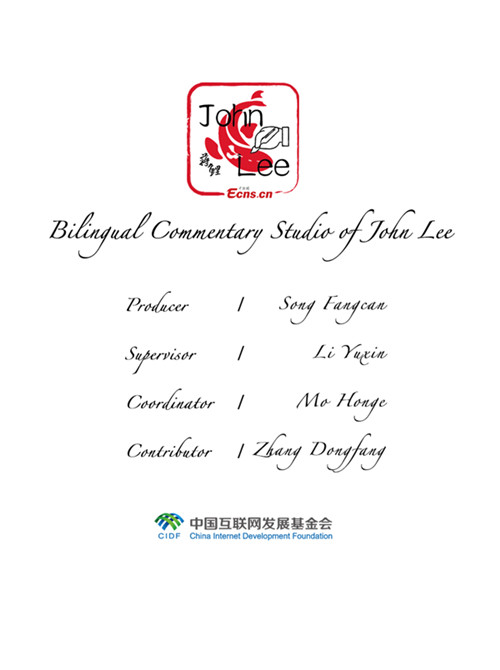










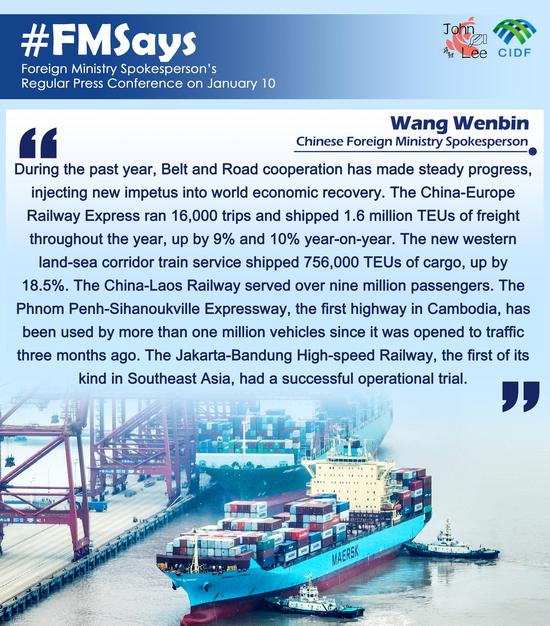
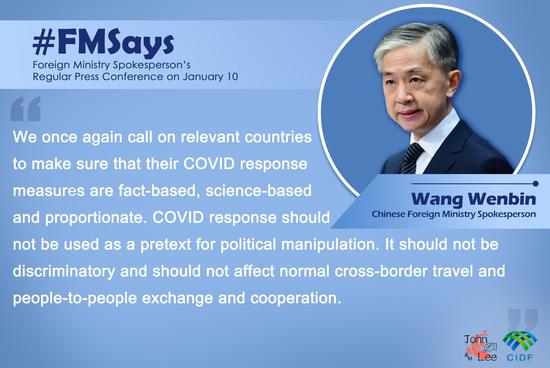












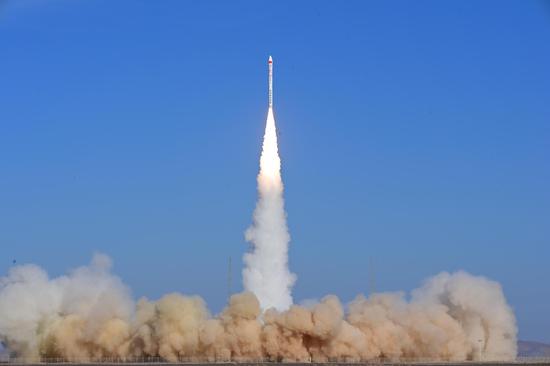



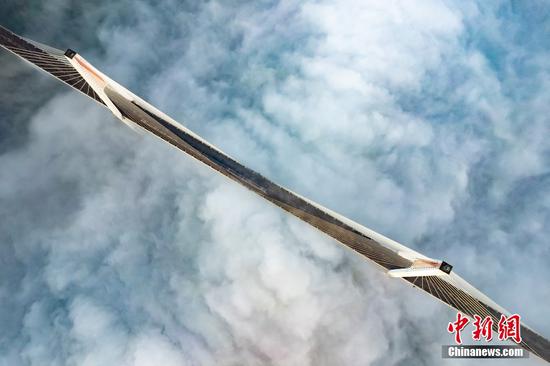
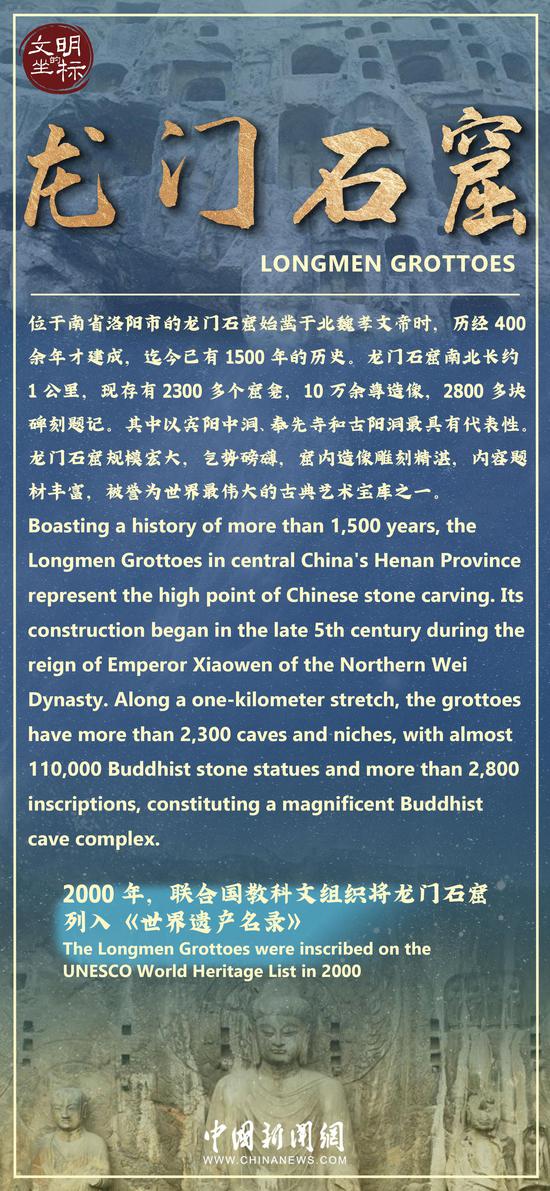




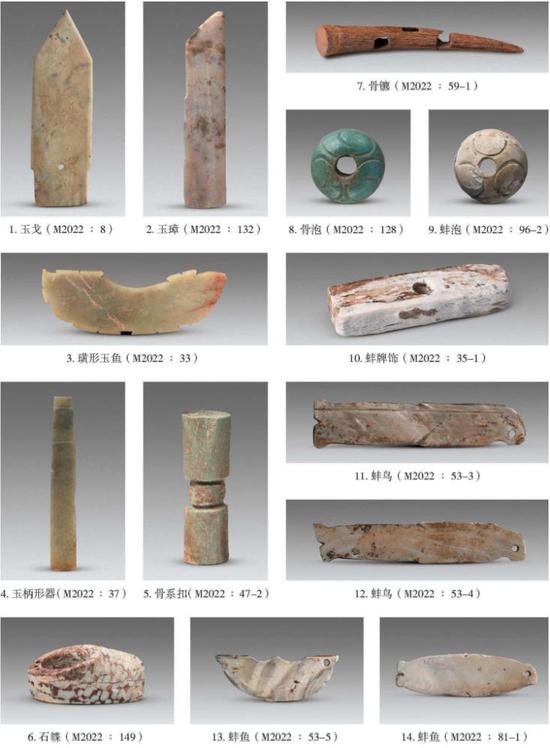

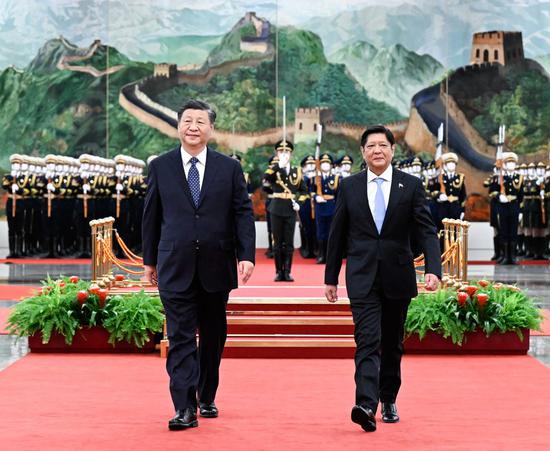
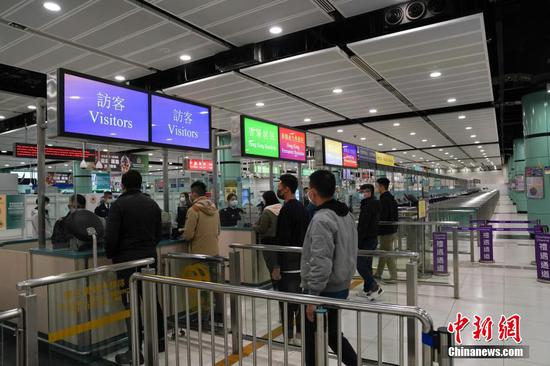












 京公网安备 11010202009201号
京公网安备 11010202009201号